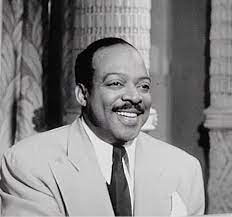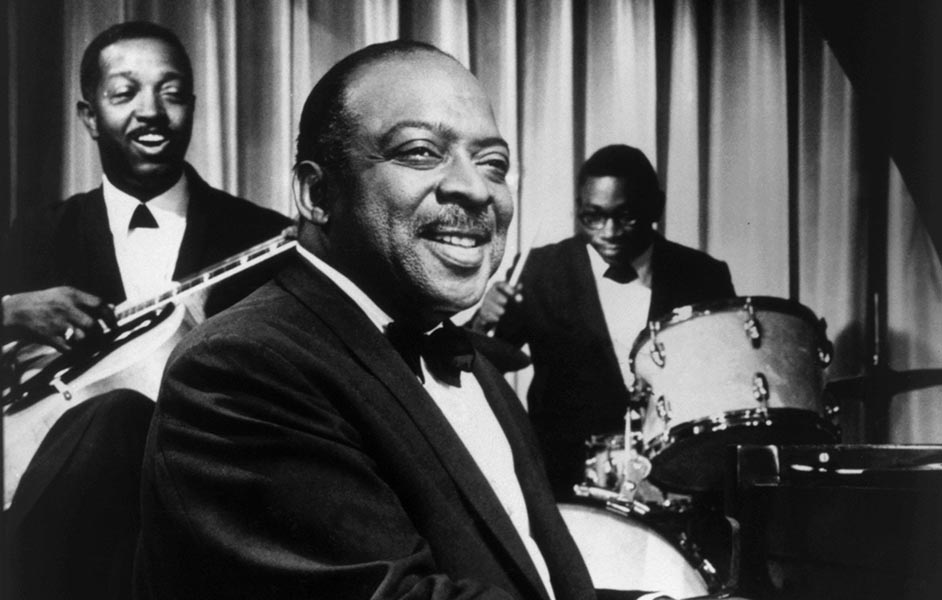William James “Count” Basie, an American jazz pianist, organist, bandleader, and composer, carved an indelible mark on the landscape of jazz music. Born on August 21, 1904, in Red Bank, New Jersey, Basie’s journey from humble beginnings to becoming one of the most influential figures in the history of jazz is nothing short of remarkable.
Basie’s early musical education was informal, primarily self-taught on the piano. He soaked up the sounds of jazz and ragtime from the vibrant local music scene. In his teens, Basie left school to pursue his passion for music, joining touring vaudeville acts as a pianist.
In 1924, Basie settled in Harlem, the epicenter of the Jazz Age, where he immersed himself in the rich musical culture. He played in various bands, honing his craft and gaining invaluable experience. Basie’s big break came in 1927 when he joined Bennie Moten’s Kansas City Orchestra as a pianist.
Basie’s time with Moten’s orchestra was pivotal, shaping his musical style and providing him with opportunities to collaborate with some of the era’s finest musicians. When Moten passed away in 1935, Basie seized the opportunity to form his own band, the Count Basie Orchestra.
Under Basie’s leadership, the Count Basie Orchestra soared to prominence, earning a reputation for its distinctive swing style and electrifying performances. Basie’s minimalist approach to piano playing, characterized by sparse, rhythmic chords, became a hallmark of his sound. Hits like “One O’Clock Jump,” “Jumpin’ at the Woodside,” and “April in Paris” captivated audiences and propelled Basie and his orchestra to international acclaim.
Throughout his career, Basie remained at the forefront of the jazz scene, adapting to evolving musical trends while staying true to his signature sound. He embraced innovations like bebop and incorporated elements of rhythm and blues into his music, ensuring his relevance in an ever-changing musical landscape.
Basie’s influence extended beyond his music. As a bandleader, he fostered a nurturing environment for young talent, launching the careers of legendary musicians such as Lester Young, Freddie Green, and Buck Clayton.
Beyond his musical achievements, Basie was a trailblazer for racial integration in the entertainment industry. He defied segregationist policies by leading one of the first racially integrated jazz bands, setting an example for social change through his music.
Count Basie’s legacy endures as a testament to his unparalleled musicianship, innovative spirit, and unwavering dedication to his craft. He passed away on April 26, 1984, but his music continues to inspire and delight audiences around the world, ensuring that the swing never fades from the hearts of jazz enthusiasts everywhere.


No responses yet